GW ScholarSpace provides free, public access
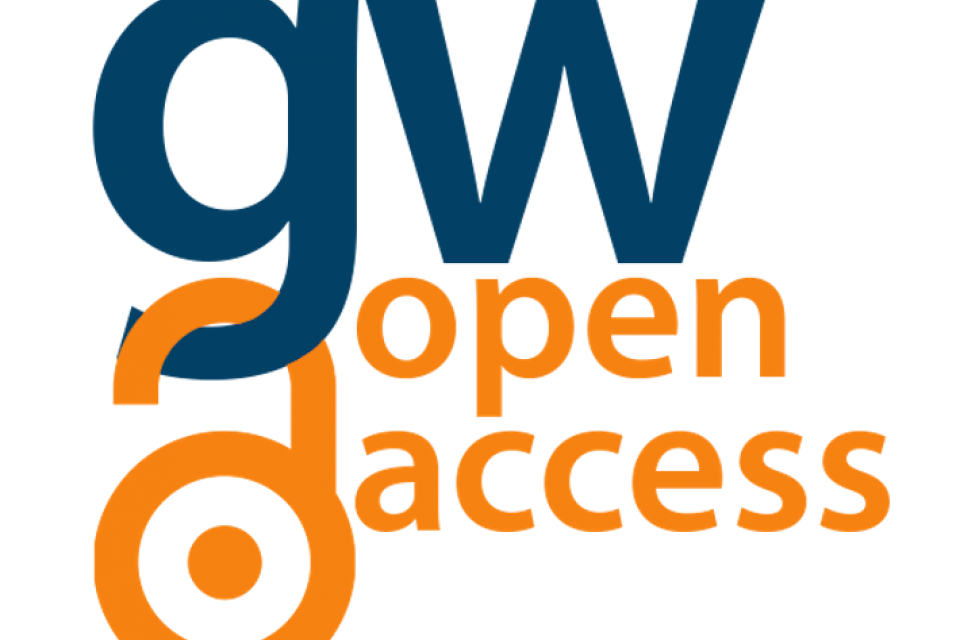
GW ScholarSpace provides free, public access, broad visibility, and long-term preservation for the research and scholarly works created by GW’s faculty, staff and students.

GW ScholarSpace provides free, public access, broad visibility, and long-term preservation for the research and scholarly works created by GW’s faculty, staff and students.
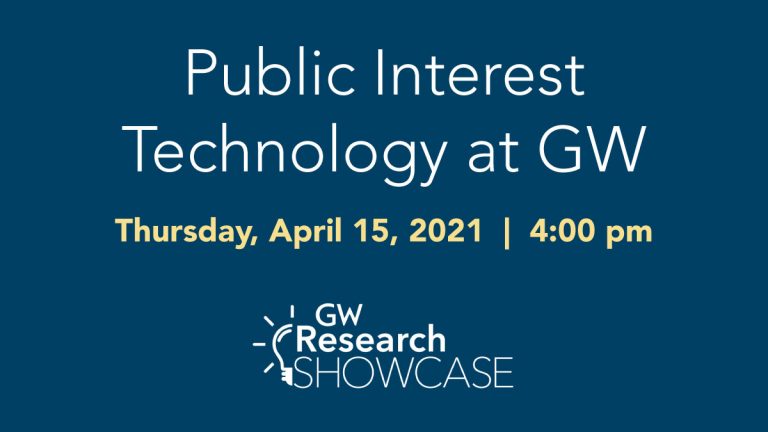
Moderated by Dr. Susan Aaronson, Director of the Digital Trade and Data Governance Hub, the Public Interest Technology panel will provide snapshots of research being conducted in this area and its impact in the world. The professional field of public interest technology is working to shape the way we think about technology to solve public…
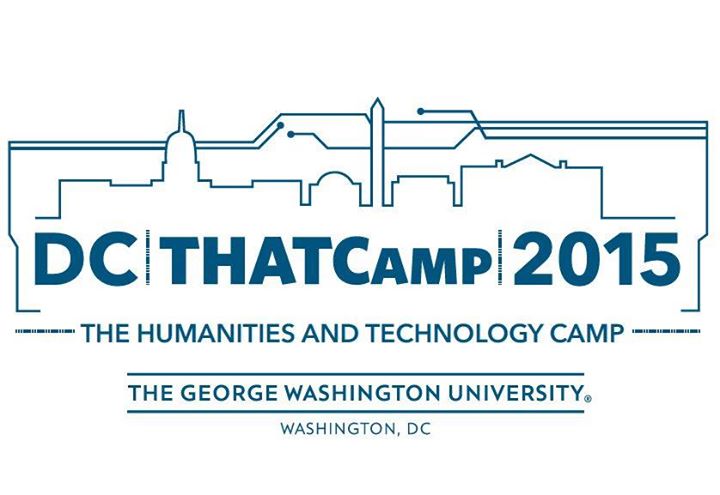
[via Prof. Diane H. Cline, GW Department of History] THATCamp DC 2015 is coming to GWU on Saturday April 18th, and you won’t want to miss it. See who else is coming by visiting the event website’s list of campers! At this THATCamp there will be a planning meeting for GW DH’ers to develop a prioritized…
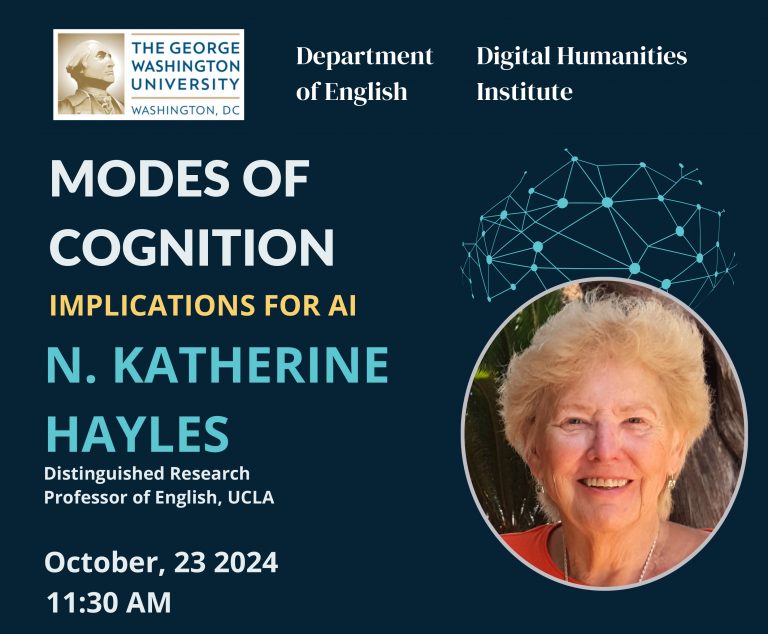
Modes of Cognition: Implications for AI Public lecture by Professor N. Katherine Hayles, 11:30 am, Wednesday October 23, 2024 In-person and Zoom hybrid event. Zoom link: https://mit.zoom.us/j/97309041943 Myers Room, George Washington University Museum and Textile Museum, 701 21st St NW, Washington, DC 20052 This event is hybrid: in person and on Zoom. Here is…
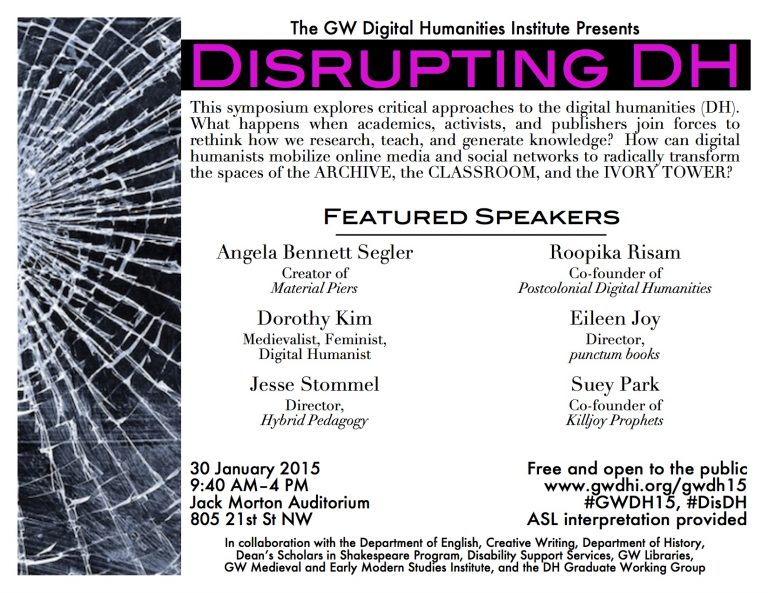
GW Digital Humanities Symposium 2015: DISRUPTING DH Date: Friday, January 30, 2015 Time: 9am – 4pm (with coffee breaks, followed by reception) Venue: Jack Morton Auditorium (805 – 21st Street NW, First Floor) This symposium explores critical approaches to the digital humanities (DH). What happens when academics, activists, and publishers join forces to rethink how we research, teach,…
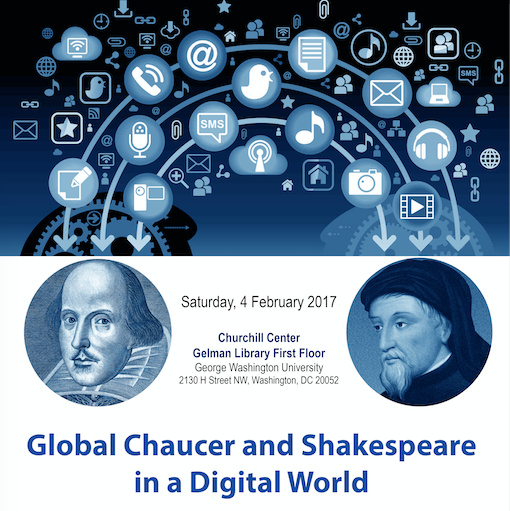
On February 4, 2017, the GW Digital Humanities Symposium entitled Global Chaucer and Shakespeare in a Digital World was held at the National Churchill Library & Center in Gelman Library. Co-sponsored by the GW Digital Humanities Institute and the Department of English, this international event (including presenters from across the US as well as Argentina, Abu Dhabi, and Brazil)…

As previously announced on this blog, GW has been awarded a substantial Andrew W. Mellon grant to support “Resilient Networks to Support Inclusive Digital Humanities.” Competitive jump-start grants of $5000 are now being offered to member-institution faculty pursuing digital humanities projects! Read more about the scale and scope of the Mellon grant here. If you wish…